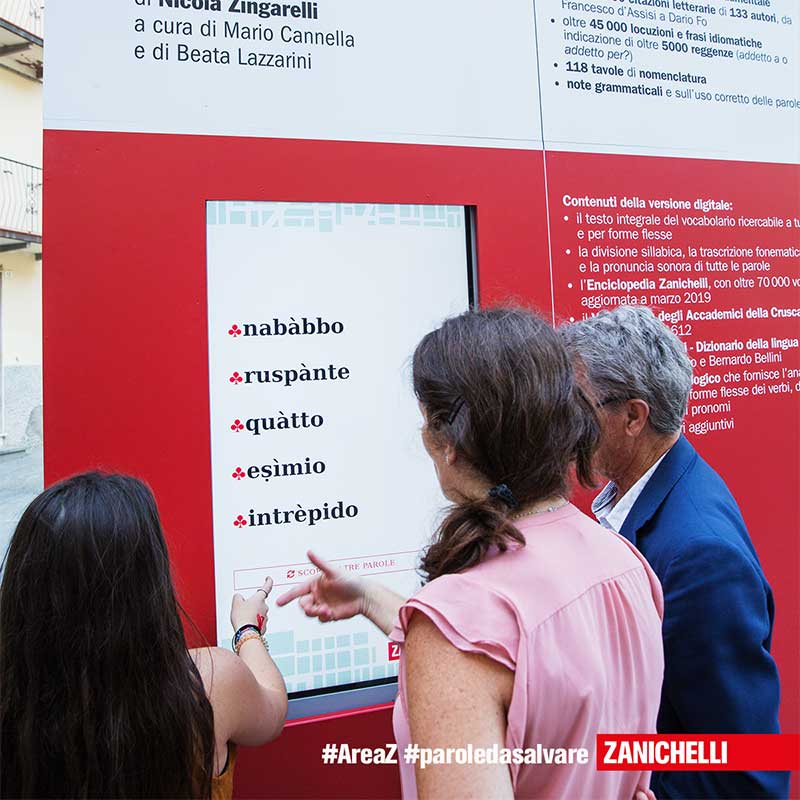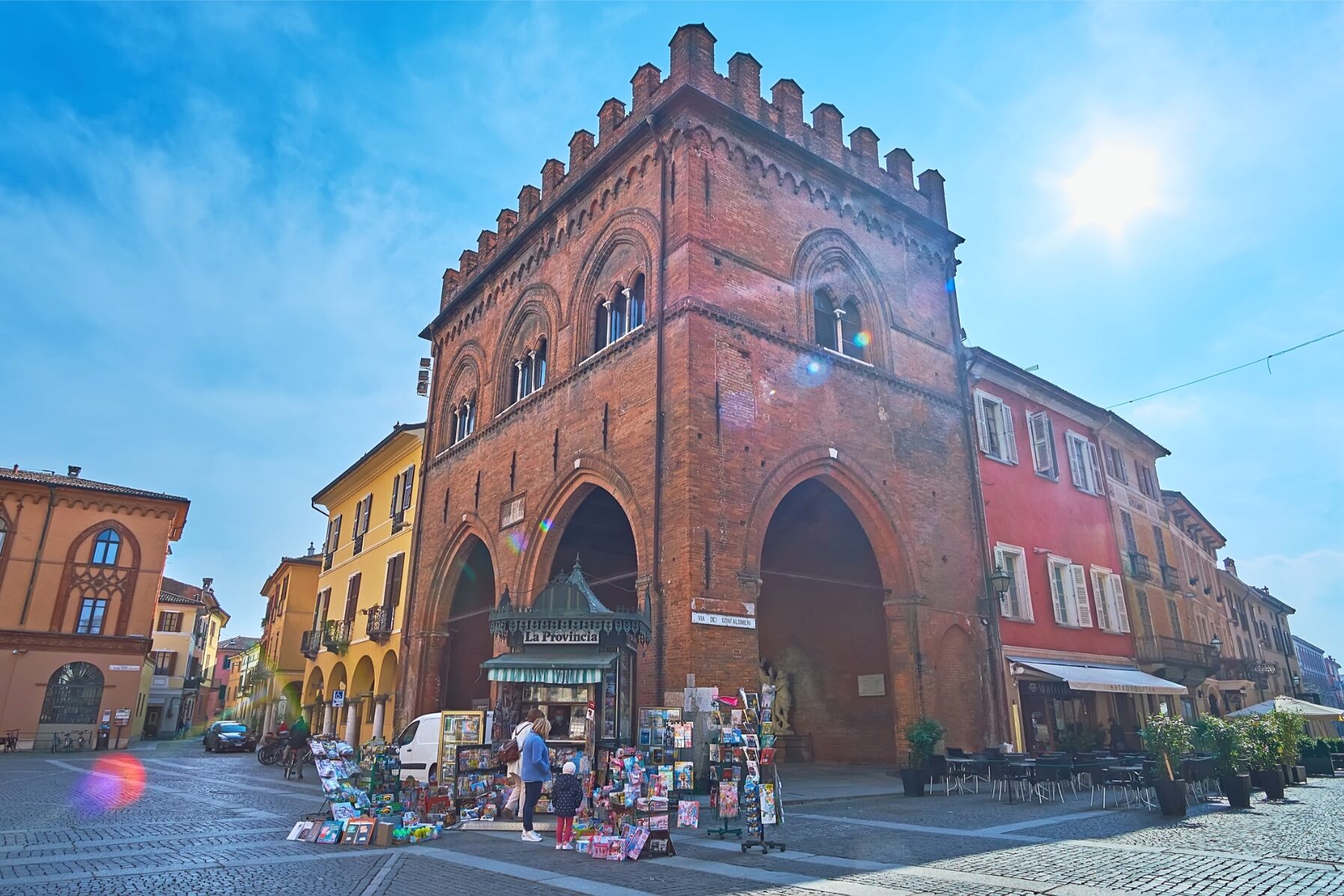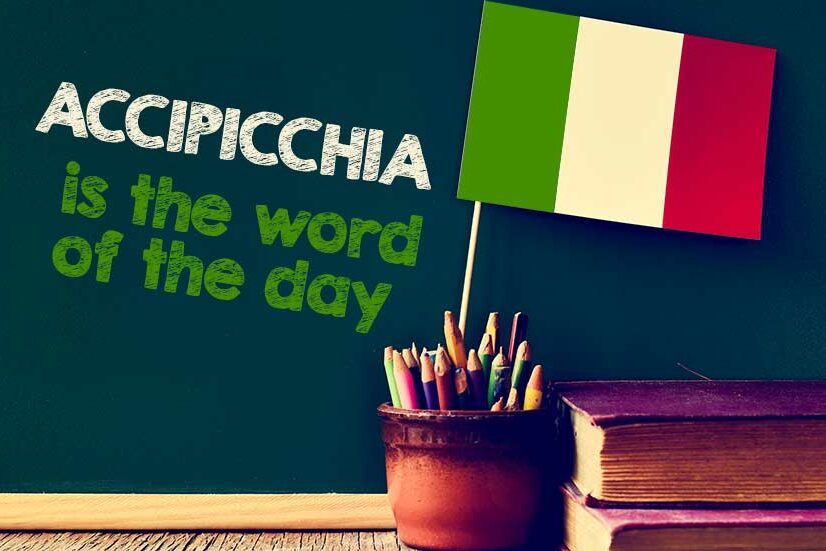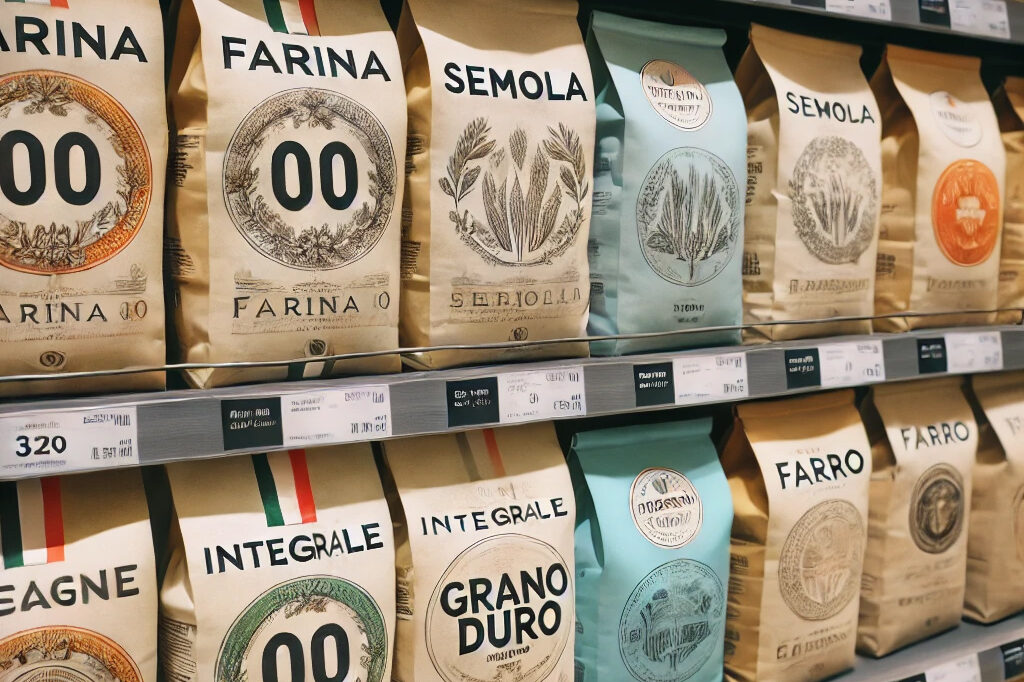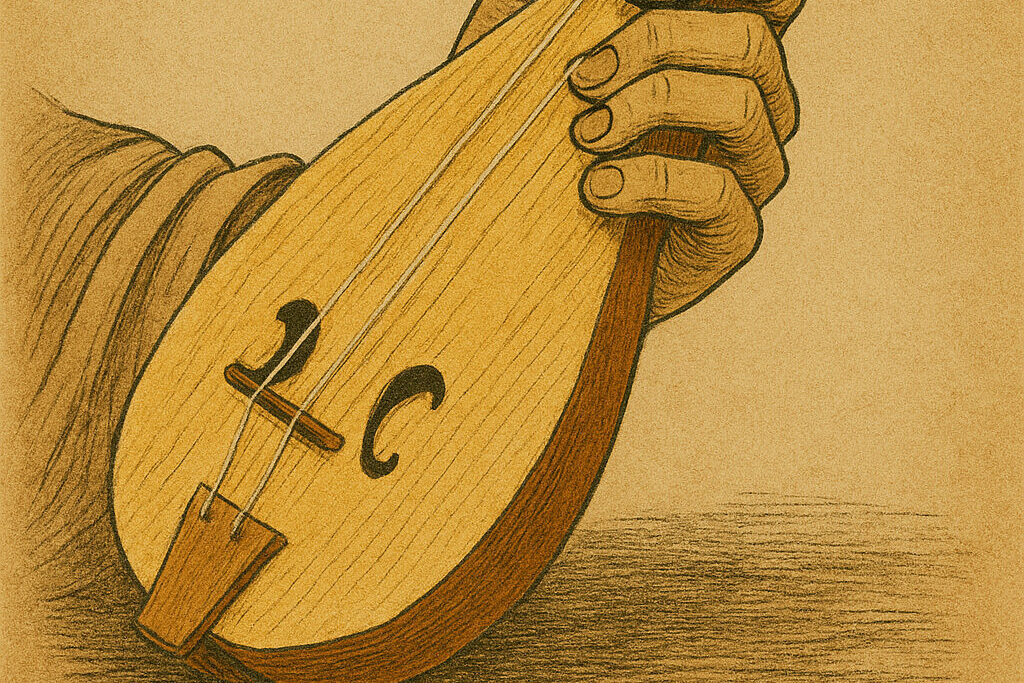Non ci piove literally means “it doesn’t rain on it” but it hardly has anything to do with rainy days.
In fact, non ci piove stands for the English “without a doubt” and, in spite of being one of the most common expressions of our language, its origins are very uncertain.
Unlike the usual, when the ancestor of an Italian word or expression comes from Latin, we really don’t know what the real story behind non ci piove is; that doesn’t mean, however, that conjectures have not been made throughout the decades.
One that seems to find many a linguist in agreement says non ci piove comes from how foolproof an argument is: in other words, it’s so strong that criticism cannot “rain” on it.
Surfing the net a little more, you can find other curious interpretations: non ci piove as “it can’t be cancelled by rain” or non ci piove because, just like a sturdy house, the argument in waterproof.
In general, there seems to be a continuous referring to the idea of certainty and uncertainty: you have a roof or an umbrella? You’ll be good even if it pours — and your argument is strong. But if you have a decrepit house and walk around without a hat, well… you’ll get wet.
And so, non ci piove has become synonym with certainties that cannot be attacked, just like water cannot get into a sturdy house or wet your hair if you walk around with an umbrella!

Questo è il suo romanzo migliore. Non ci piove!
This is her best novel: there is no doubt.

Roma è bellissima e su questo non ci piove!
Rome is beautiful and there is no doubt about it

Questa volta non ci piove, hai ragione tu.
There’s no doubt about it this time, you’re right.
